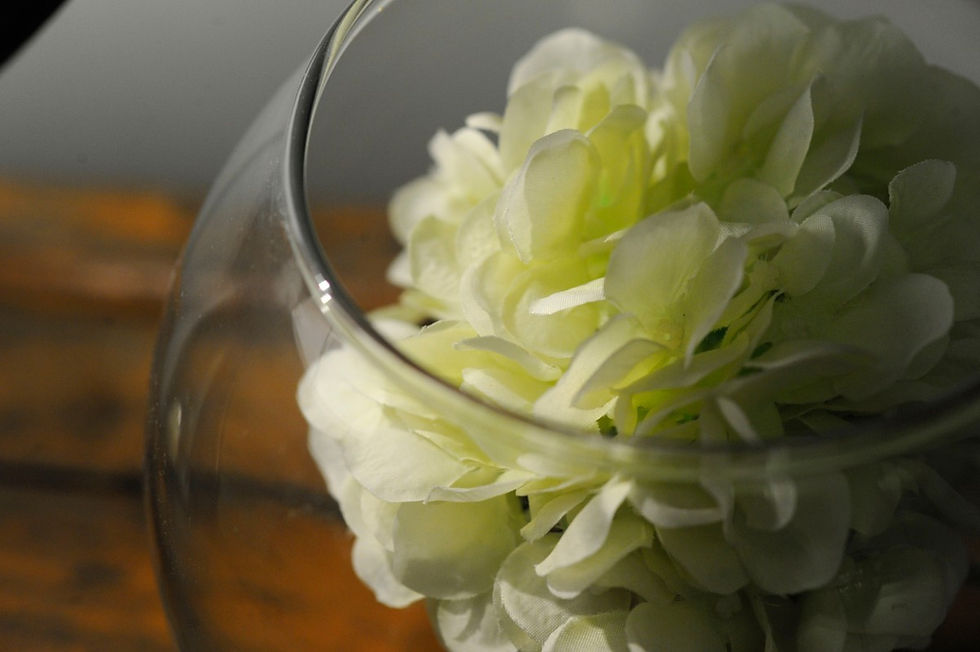Playing the Blame Game
- London APC

- Jul 4, 2022
- 1 min read
Therapy is often idealised as a place where there is no judgement. Of course that is an ideal because even therapists can’t work without making judgements, even if it is just deciding what elements of a person’s story to respond to. However, judgements are made in the service of the work or at least with therapeutic aims in mind. However, all of us continually make judgements about others. Indeed it is often tempting to routinely think ill of others. We do it habitually because it makes us feel both powerful and virtuous, a seductive combination.
Jung believed that all we can’t accept in ourselves falls into shadow. We then see it everywhere except in ourselves. He observed that the qualities we find most objectionable in ourselves are often the characteristics we most love to criticise. It serves the function of keeping a safe distance from the perceived fault whilst simultaneously keeping it in the picture. The problem is, by disowning those qualities we then limit ourselves and our potential. As Jung rightly observed, there is gold in the shadow.
Hafiz’s poem "Elegance" acknowledges the fear we have of our shadow. He reminds us if we can find someone to admire, we learn kindness and humility. If that happens, it becomes possible to be more compassionate towards our own insecurities and more difficult feelings. .
Elegance
It
Is not easy
To stop thinking ill
Of others
Usually one must enter into a friendship
With a person
Who has accomplished that great fear himself
Then
Something
Might start to rub off on you
Of that
True
Elegance
Hafiz




Comments